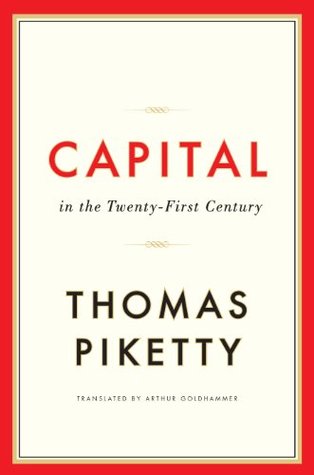The most important case, which I discussed briefly in the Introduction, is no doubt the increase in capital’s share of income during the early phases of the Industrial Revolution, from 1800 to 1860. In Britain, for which we have the most complete data, the available historical studies, in particular those of Robert Allen (who gave the name “Engels’ pause” to the long stagnation of wages), suggest that capital’s share increased by something like 10 percent of national income, from 35–40 percent in the late eighteenth and early nineteenth centuries to around 45–50 percent in the middle of the
...more
Welcome back. Just a moment while we sign you in to your Goodreads account.


